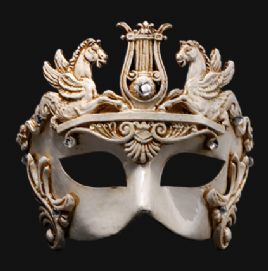Costas Douzinas in his article “A Short History of the British Critical Legal Conference or, the Responsibility of the Critic” examines the role of critics and intellectuals. He distinguishes between intellectuals of the past and the present arguing that the former had a clear aim to fight for universal values, while the latter are incorporated into the social system and are in a way “institutionalized.” There is a tendency to distinguish legal from other texts on the grounds that they operate differently. Law is seen as an objective set of rules necessary for a functional society and as such it is immediately thought of as a special kind of text not to be treated like the rest. But texts are imbued by ideology and represent a position, as Michel Foucault has argued. This is especially the case with Law where the correlation between power and text could not be clearer.
What Douzinas argues and what is a crucial point, is that Law and legal texts are to be analysed and interpreted as texts produced by someone rather than accepted as given, objective rules to be obeyed. In that sense, he agrees with Chomsky, as he states in his article “The Responsibility of Intellectuals,” that intellectuals are to “speak the truth and expose lies” and to “see events in their historical perspective.” Legal texts need to be contextualized and recognized as authored texts. Identifying Law as discourse and analyzing it as such is the role of the modern critic/intellectual who has to respond to the needs of a changing world, interpret it, and criticize it, if there is any hope for a better society. However, the ubiquitousness of power declared by Foucault does question whether it is even possible to separate texts from power.
